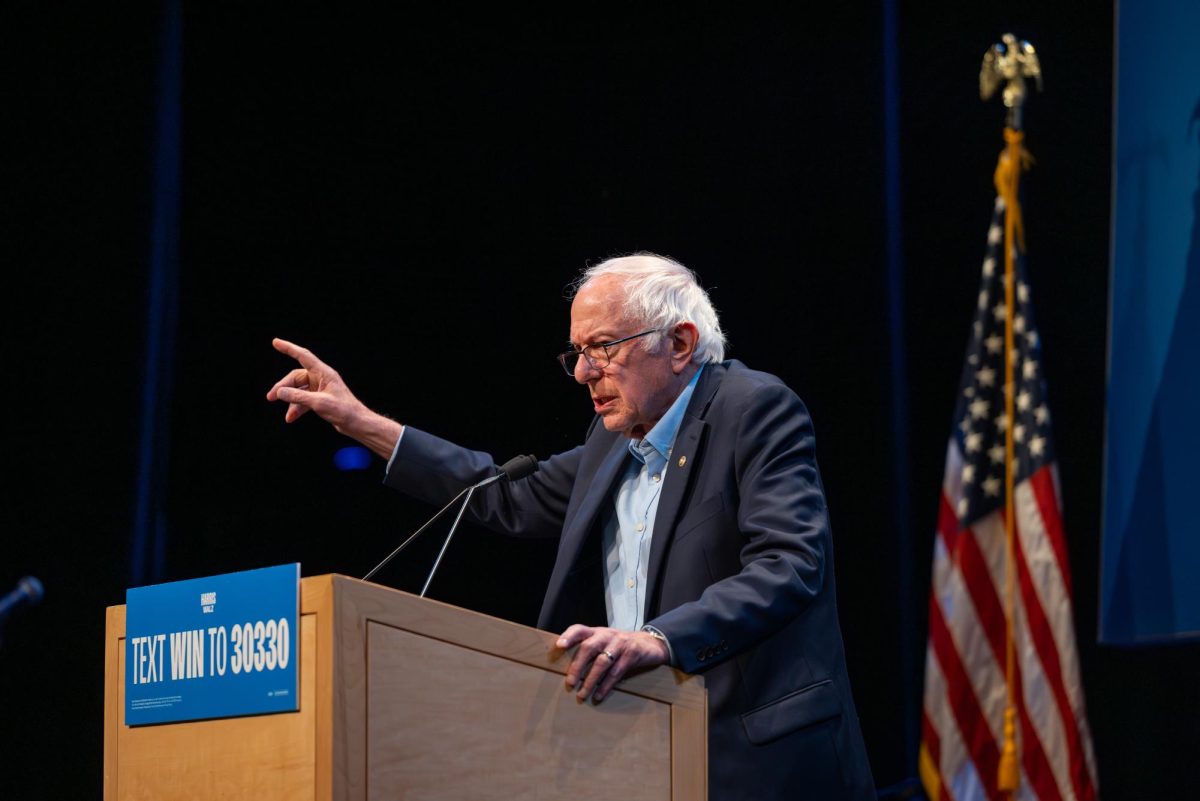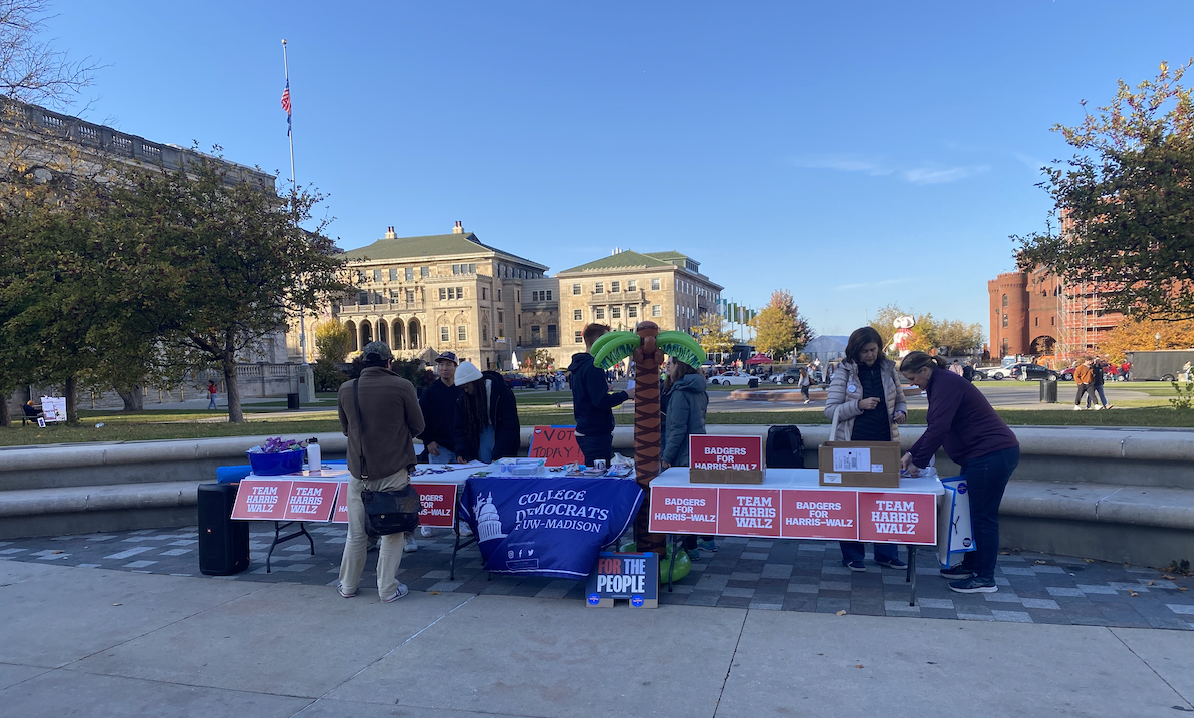WASHINGTON (REUTERS) — President Bush decided Thursday to apply the Geneva Convention to Taliban fighters held by the United States but not to al Qaeda members, a decision that will not change the captives’ treatment but may help to protect U.S. soldiers and blunt foreign criticism.
Bush’s decision, criticized by some human-rights groups, does not confer prisoner-of-war status on the Taliban detainees, which would have given them protections including the right to disclose only their name, rank and serial number under interrogation and to return home once the conflict is over.
Announcing Bush’s move, White House spokesman Ari Fleischer said that as a practical matter, the decision would have little effect on the daily treatment of the captives, 186 of whom are detained at the U.S. military base at Guantanamo Bay, Cuba.
Despite harsh foreign criticism of their treatment, Fleischer said the United States had treated the captives humanely and would continue to do so, giving them three meals a day, medical care and the opportunity to worship.
Foreign nations, including close U.S. allies such as Britain and Germany, expressed strong misgivings about the Guantanamo Bay captives after the Pentagon released a photograph showing some of them bound, blindfolded and on their knees.
Analysts said Bush’s decision may have been designed in part to protect the rights of U.S. soldiers who might be captured in the U.S. military campaign in Afghanistan or elsewhere as Washington prosecutes its war on terrorism.
Preventing inhumane treatment
The Third Geneva Convention of 1949 was designed to protect prisoners of war from inhumane treatment at the hands of their captors in conflicts covered by the treaty, ensuring that they receive such things as proper nutrition and medical care.
“President Bush today has decided that the Geneva Convention will apply to the Taliban detainees but not to the al Qaeda international terrorists,” Fleischer told reporters in a hastily arranged appearance in the White House pressroom.
“The Taliban detainees are not entitled to POW status,” Fleischer said, adding there would be “no change” in their treatment, which he said had been consistently humane.
The White House said al Qaeda prisoners were not covered by the treaty because the group “is not a state party to the Geneva Convention; it is a foreign terrorist group.”
The decision appeared to be a victory for Secretary of State Colin Powell, who argued the prisoners should be covered by the convention despite opposition from others, reportedly including Defense Secretary Donald Rumsfeld.
The announcement came as a fresh group of al Qaeda and Taliban prisoners arrived at Guantanamo Bay from Afghanistan Thursday, two weeks after the U.S military suspended flights to build more cage-like outdoor cells to hold the captives.
Some human-rights groups criticized Bush for not extending the convention to al Qaeda prisoners, saying the treaty was designed to protect all combatants and the White House did not have the right to decide who deserved prisoner-of-war status.
“They’re stating that the Geneva Conventions apply and in the same breath not applying them,” said Alex Arriaga, head of government relations for Amnesty International USA. “It requires a competent tribunal to decide if they are POWs.
“It’s not left to the president of that country or the secretary of defense,” she said. “If U.S. soldiers were captured, we wouldn’t want the president of that country making that determination.”
Name, rank and serial number
Prisoner-of-war status would have given the Taliban detainees a number of rights, including release once the conflict has ended, a monthly stipend, and even access to musical instruments during their detention.
It would also have allowed them to restrict their answers under interrogation to name, rank and serial number.
Interrogation has been of particular concern to the United States, which hopes to gain intelligence from the prisoners that may prevent future assaults like the attacks on New York and Washington, which Washington blames on the al Qaeda group run by accused Sept. 11 mastermind Osama bin Laden.
Tom Malinowski, Human Rights Watch’s Washington advocacy director, said the issue had never been the actual treatment of the detainees, saying he believes they have been treated humanely by the United States and would continue to be.
“The issue is the legal precedent and the extent to which the U.S. fully embraces the Geneva Convention,” he said. “What they have done is partially embrace them, which is not going to fully satisfy anyone. To the extent they had a problem on this issue yesterday, they still have a problem today.”
Fleischer said for the captives to qualify as prisoners of war under the convention they would have to meet four conditions: be part of a military hierarchy, wear uniforms or other visible insignia, carry arms openly and conduct military operations in accordance with the “laws and customs” of war.
“The Taliban have not effectively distinguished themselves from the civilian population of Afghanistan,” Fleischer said, adding that their support for al Qaeda “terrorist” activities was inconsistent with the laws and customs of war.







